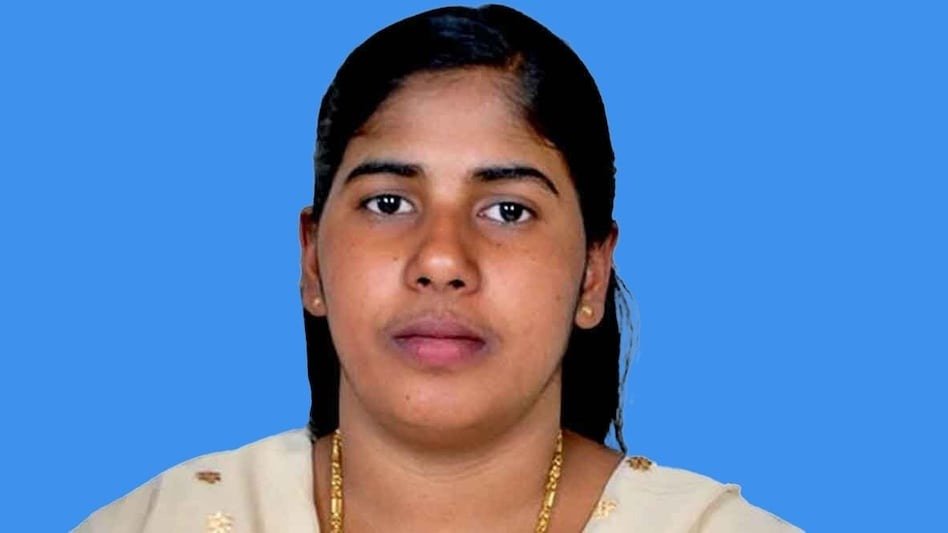New Delhi: Yemeni authorities have deferred the execution of Indian nurse Nimisha Priya, who was convicted in 2020 for the murder of Yemeni national Talal Abdo Mahdi. The execution, initially scheduled for July 16, was postponed late on July 15 following last-minute negotiations and appeals from Indian clerics and legal representatives.
She later established a clinic with Mahdi, which she claimed was an informal partnership. According to her legal team, Mahdi had confiscated her passport and allegedly subjected her to sustained physical and financial exploitation.
The overdose proved fatal, and she was subsequently charged with premeditated murder by a Yemeni court.
Yemeni Order Postpones Execution
An official order dated July 14, issued in Arabic, confirmed that the execution had been stayed. The decision followed interventions by senior Indian religious leaders, including Grand Mufti of India Kanthapuram A.P. Aboobacker Musaliyar, who reportedly held discussions with Yemeni scholars in an effort to seek clemency.
However, the postponement has not altered the stance of the victim’s family.
Family of the Victim Rejects Reconciliation
In an interview with BBC Arabic, Abdelfattah Mahdi, the brother of the deceased, reiterated the family’s uncompromising position.
“Our stance on the attempts at reconciliation is clear. We insist on implementing God’s Law through Qisas (retaliation in kind), nothing else.”
He added that the family had suffered not only from the brutal nature of the crime but also from the prolonged legal process, calling it “a horrific and clear-cut case.”
Breakthrough Dialogue Offers Hope
Despite the hardened stance, a potential turning point emerged. According to NDTV, the night before the scheduled execution, the victim’s brother agreed to meet with representatives from Priya’s legal team for the first time.
“This window allows us a chance to continue dialogue with the family.”
Under Yemeni law, the victim’s family has the authority to either demand capital punishment under Qisas (retributive justice) or offer forgiveness in exchange for diya, commonly known as blood money. Legal experts say that if a mutual understanding can be reached, it could open the door for a last-minute reprieve.
What Lies Ahead
Her legal team, along with Indian religious leaders and diplomats, are now working round-the-clock to secure a formal pardon from the victim’s family.
Back home, the case has triggered widespread concern, drawing attention from civil society, women’s rights groups, and humanitarian organizations. Many are urging the Yemeni government to consider not just the crime, but the circumstances, including Priya’s claims of abuse and coercion.
For now, she remains on death row, as a complex and emotional struggle for justice, or mercy, continues to unfold.



